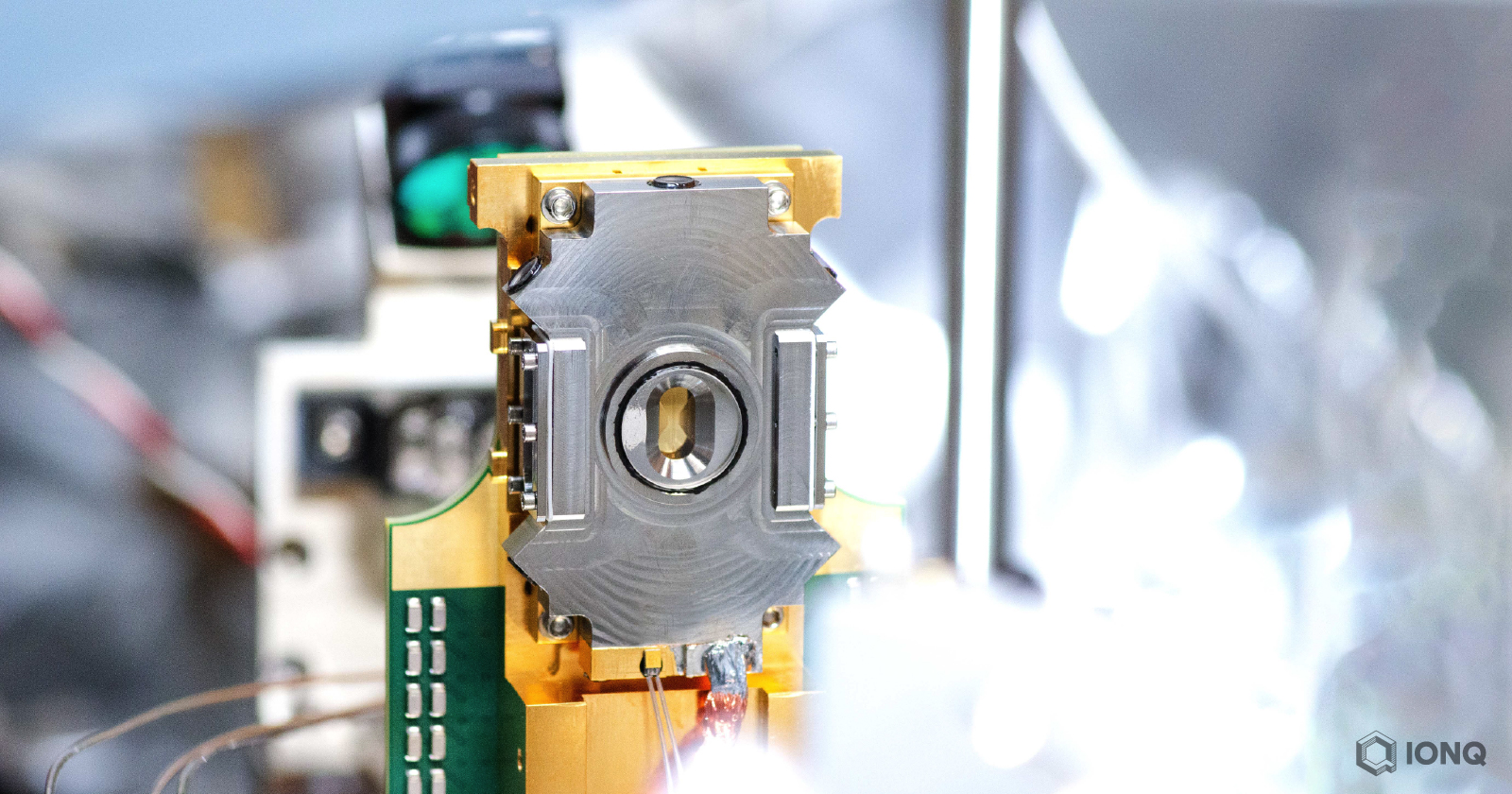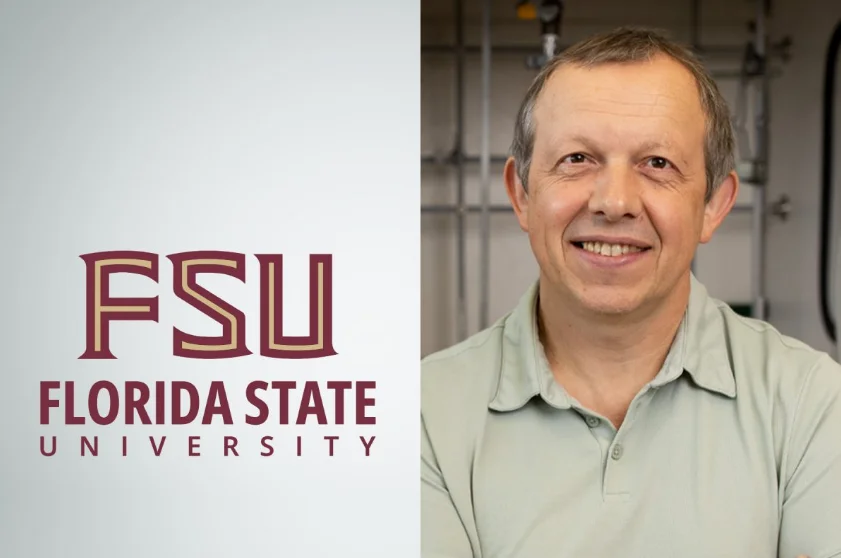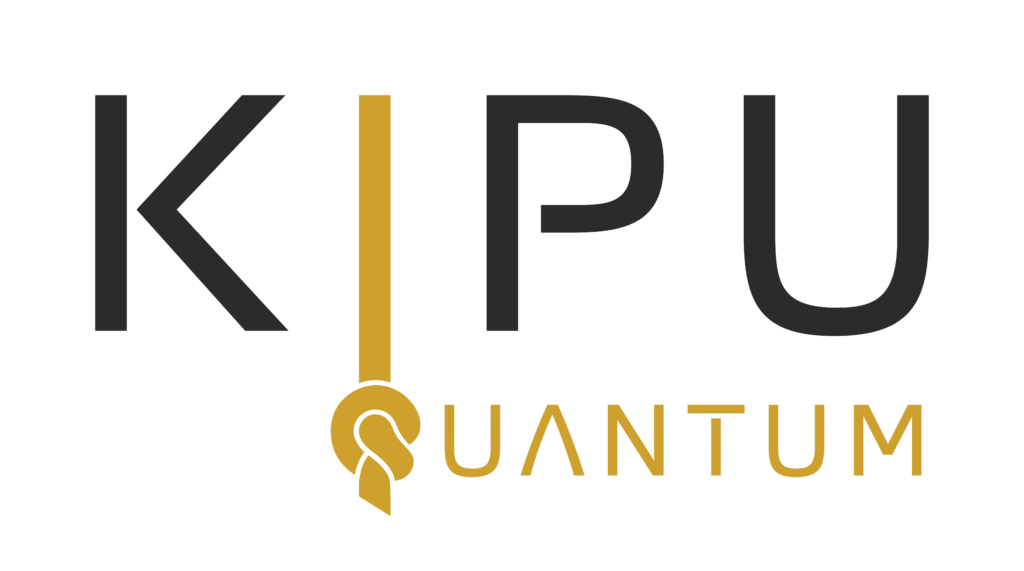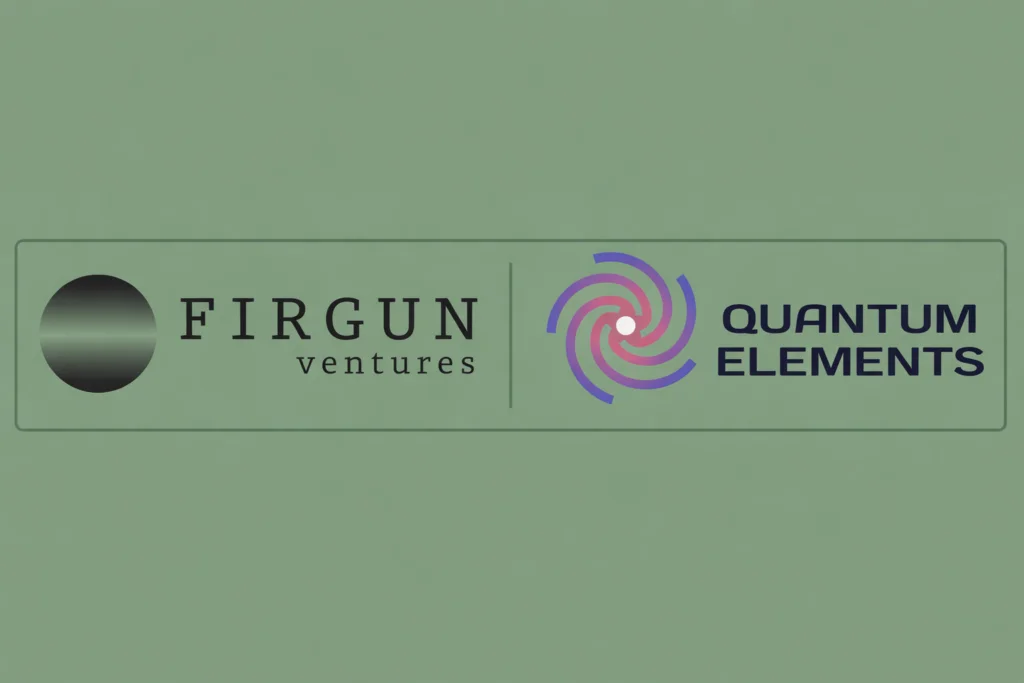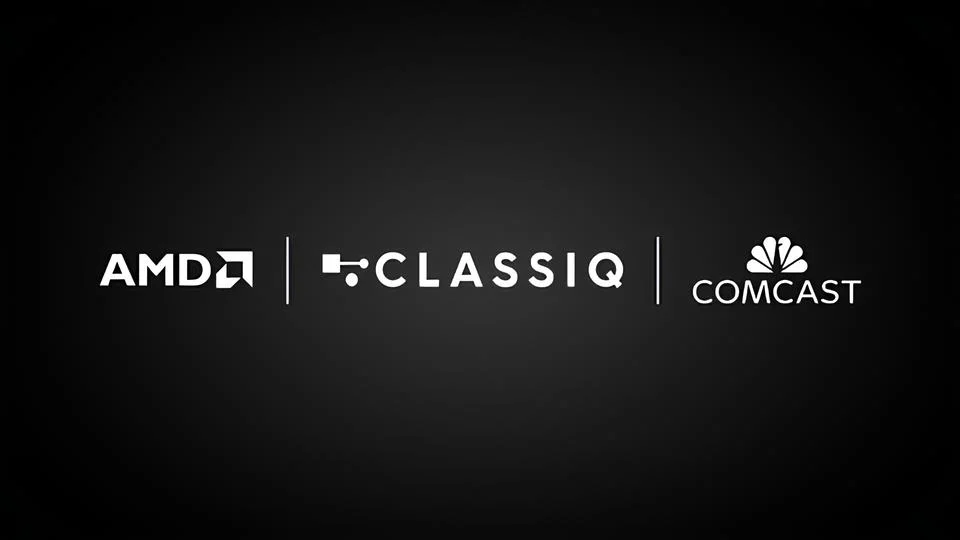Insider Brief
- IonQ Aria is now available on Amazon Braket, AWS’s quantum computing service.
- IonQ Aria has 25 algorithmic qubits—more than 65,000 times more powerful than its predecessor on Amazon Braket, IonQ Harmony.
- Critical Quote: “We are excited for IonQ Aria to become available on Amazon Braket, as we expand the ways users can access our leading quantum computer on the most broadly adopted cloud service provider,” said Peter Chapman, CEO and President, IonQ.
PRESS RELEASE — At Commercialising Quantum Global 2023, IonQ (NYSE: IONQ), an industry leader in quantum computing, announced the availability of IonQ Aria on Amazon Braket, AWS’s quantum computing service. This expands upon IonQ’s existing presence on Amazon Braket, following the debut of IonQ’s Harmony system on the platform in 2020. With broader access to IonQ Aria, IonQ’s flagship system with 25 algorithmic qubits (#AQ)—more than 65,000 times more powerful than IonQ Harmony—users can now explore, design, and run more complex quantum algorithms to tackle some of the most challenging problems of today.
“We are excited for IonQ Aria to become available on Amazon Braket, as we expand the ways users can access our leading quantum computer on the most broadly adopted cloud service provider,” said Peter Chapman, CEO and President, IonQ. “Amazon Braket has been instrumental in commercializing quantum, and we look forward to seeing what new approaches will come from the brightest, most curious, minds in the space.”
IonQ Aria joins its predecessor IonQ Harmony as the second IonQ quantum system available on Amazon Braket. The availability of both systems is designed to ensure audiences with different needs and resources can run workloads across the quantum system best suited for their specific use cases. Additionally, IonQ’s error mitigation techniques can help manage the impact of coherent errors at the circuit level.

“The addition of IonQ Aria to Amazon Braket provides our global customers with another choice when it comes to selecting a quantum system that best fits their specific needs,” said Richard Moulds, general manager, Amazon Braket. “IonQ was a launch partner for Braket and I am excited to expand our relationship, not only by providing access to their latest generation hardware but also launching the ability to apply error mitigation, for the first time. These new capabilities coupled with Braket features such as Hybrid Jobs pave the way for customers across industries like finance, healthcare, chemistry and manufacturing to research new quantum algorithms and explore near-term applications.”
“IonQ Aria offers some of the best algorithmic performance in the industry. We are consistently amazed by what we can do using this cutting-edge system, especially when paired with the Classiq Platform. This makes Aria our platform of choice for many algorithms and applications run by our users,” said Amir Naveh, co-founder and CPO at Classiq, a leading quantum software company. “Bringing it to Amazon Braket benefits the entire ecosystem by allowing more quantum pioneers to access IonQ’s industry-leading hardware while also taking advantage of the flexibility, reliability, and choice that Braket already provides.”
Today, Airbus, GE Research, Dow Chemistry, Hyundai Motors, and the United States Air Force Research Laboratory represent a handful of global companies and agencies using IonQ Aria to explore novel solutions for their respective industries. Earlier this year, IonQ announced its intent to invest $1 billion in the Pacific Northwest over the next decade, starting with the opening of a 65,000 square foot quantum computing manufacturing facility just outside Seattle in Bothell, Washington. Additionally, IonQ is also an early member of the Northwest Quantum Nexus alongside partners including AWS, the University of Oregon, University of Washington, Pacific Northwest National Laboratory, and Washington State University.
For more details about IonQ Aria’s performance, capabilities and applications, please refer to the blog here.
For more market insights, check out our latest quantum computing news here.

